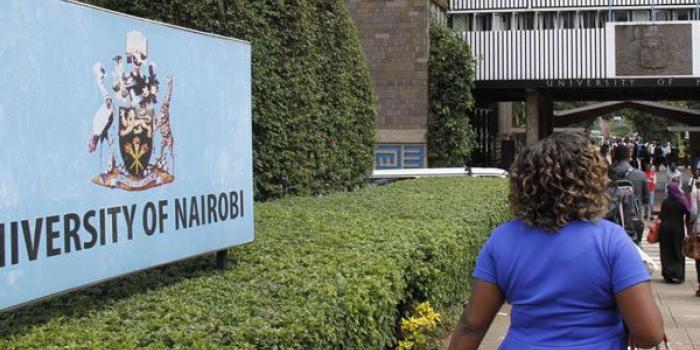Proposed changes to Universities Act to strain poor students
By Douglas Dindi, March 20, 2023Thousands of Kenyan students in the local private universities may be forced to fund their education if parliament enacts a proposed changes in the University Act 2012 in to law.
The current law allows the national government to fund private universities through extension of conditional grants in the form of tuition capitation. But the Univerties (Amendment) Act 2023 sponsored by Khwisero Member of Parliament (MP) Christopher Aseka sets out to transfer tuition cost to government-sponsored students in private universities.
The Aseka bill has attracted heated discussions from education stakeholders who describe it as discriminatory and travesty on children rights, “The bill seeks to limit access to university education to only those with the means. It would disenfranchise some bright students from under priviledged backgrounds,” the umbrella parents association (NPA) said in a statement.
NPA chairman Silas Obuhatsa said the bill will undermine the the gains of enhanced access to university education resulting to student dropouts particularly those in in private universities due ffor lack of ees.
He says barring the Kenya Universitiea and Colleges Central Placement Service (KUCCPS) from placing undergraduate student to private universities is an indirect way to raise the university entry grade from C+(plus).
“It is an indirect reintroduction of the Privately Sponsored Students Programme (PSSP) commonly referred as parallel degree programmes,” obuhatsa told Scholar.
His sentiments were echoed by the Kenya National Union of Teachers (KNUT) secretary general Collins Oyuub who warned parents and students in private versities to prepare for pain and a financial strain if the government cuts conditional grants.
“As a union, anything that limits acces education is a no for us.” Oyuu said on phone.
The universities (amendment) Act 2023 seeks to change three sections of the principal University Act No.42 of 2012 by abolishing issuance of conditional grants to private universities and stopping KUCCPS from placing regular students to private universities.
The object of the bill, according to its drafters is to safeguard public funds from misuse by private entities that are not subject of scrutiny under the Public Finance Management (PFA) regulatory framework.
The MP in a statement of object and reasons in support of the law changes, says the bill is not in conflict with any fundermental rights and freedoms and would not attract additional budget expenditure.
Clause Two and Three of the bill targets to alter section 53(4)(b) and 54(4)(b) of the principal universities Act 2012 to abolish issuance of conditional grants to private universities.
The bill also gives education cabinet secretary, the power to develop a transparent and fair criterion for allocation of funds to public universities. Clause Four of the bill proposes changes on section 56(4)(a) of the principal Act to bar KUCCPS from placement of students to private universities.
Obuhatsa says raising the university entry cut-off points would limit students from day schools who form the bulk of the C+(plus) accessing univisity education. “If they could not pay fees for a boarding school, how will they afford PSSP?” He posed.
Kenya union of post primary teachers (Kuppet) deputy secretary general Moses Nthurima warned that mass dropouts of university students should be expected if the bill is passed in to law.
More Articles

